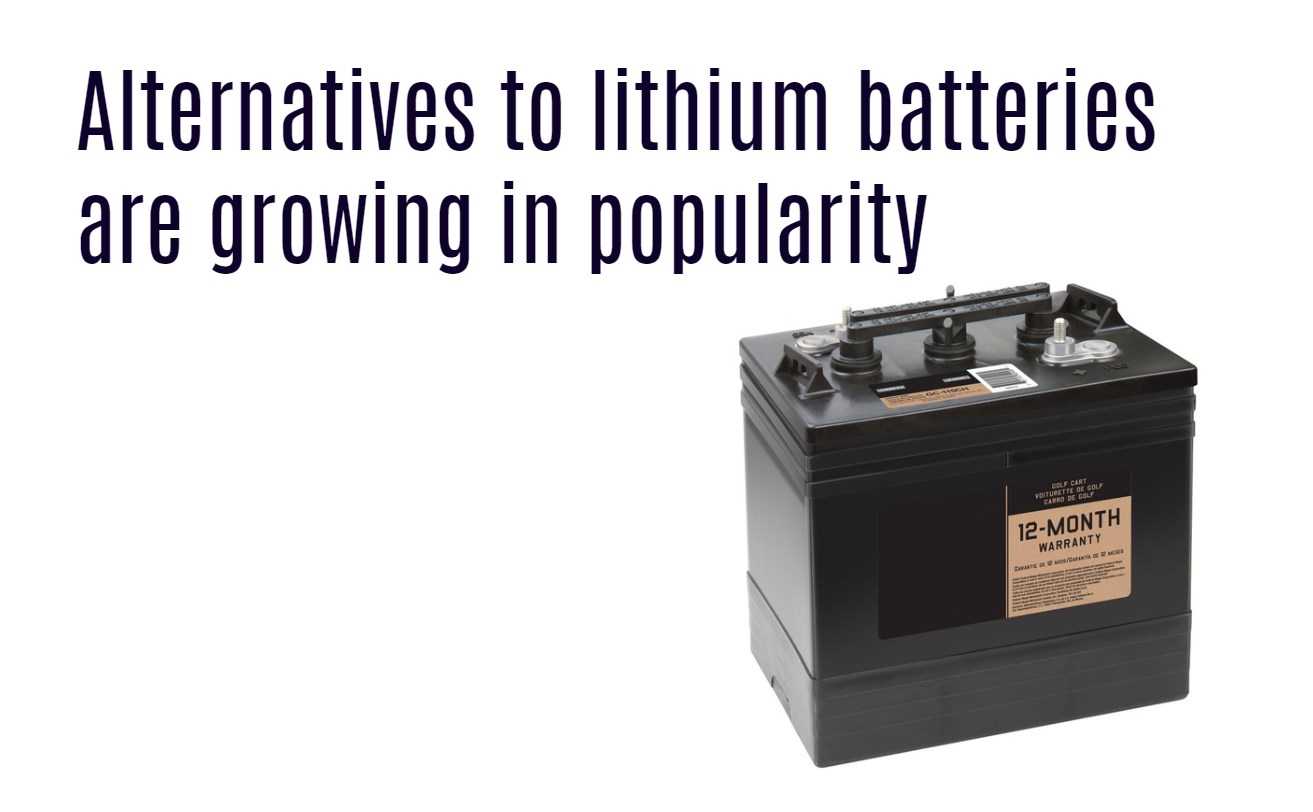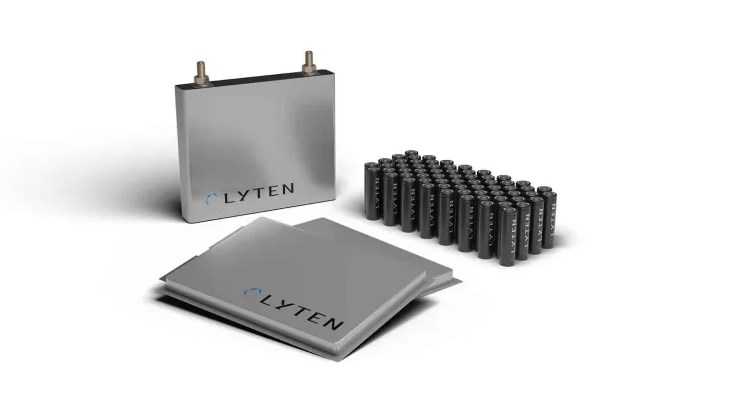Alternatives to lithium batteries, such as sodium-ion batteries, are gaining popularity as sustainable options. Energy companies are already using sodium-ion batteries to store renewable electricity. These alternatives provide solutions to the concerns surrounding lithium availability and environmental impact, making them attractive alternatives for a wide range of applications.
- Sodium-Ion Batteries: Sodium-ion batteries are emerging as a sustainable alternative to lithium batteries, with applications in storing renewable electricity.
- Addressing Concerns: These alternatives help address concerns related to the availability and environmental impact of lithium, making them attractive choices for a greener future.
- Growing Popularity: The popularity of alternative battery technologies, like sodium-ion batteries, is rising as sustainability becomes a priority in the energy industry.
The growing popularity of alternatives to lithium batteries, such as sodium-ion batteries, reflects the industry’s commitment to sustainable solutions. As research and development continue, these alternatives hold promise for a greener and more sustainable future.
Cold temperatures make lithium-ion batteries ineffective
Cold temperatures, like 0°C, can cause a loss of capacity in lithium-ion batteries. The chemical reactions inside the battery slow down at low temperatures, impacting the battery’s performance. Understanding the effects of cold temperatures on lithium-ion batteries is essential for optimizing their usage and performance.
- Temperature Impact: Cold temperatures, such as 0°C, can cause a loss of capacity in lithium-ion batteries due to slowed chemical reactions.
- Reduced Performance: The slowed chemical reactions at low temperatures can affect the overall effectiveness and performance of lithium-ion batteries.
- Optimizing Battery Usage: Understanding the impact of cold temperatures on batteries can help users optimize their usage and take appropriate measures to mitigate the effects.
By being aware of the impact of cold temperatures on lithium-ion batteries, users can make informed decisions and implement strategies to ensure optimal battery performance, especially in cold weather conditions.
Fast-charging lithium-sulfur batteries
Fast-charging lithium-sulfur (Li-S) batteries are on the horizon. Recent research reveals significant advancements, allowing these batteries to achieve full charge and discharge in less than five minutes. This breakthrough paves the way for high-performance and rapidly rechargeable battery systems.
- Advancements in Li-S Batteries: Recent research has showcased remarkable progress in the development of lithium-sulfur batteries with fast-charging capabilities.
- Full Charge in Minutes: The breakthrough allows these batteries to be fully charged and discharged in less than five minutes, significantly reducing charging times.
- High-Performance Potential: Fast-charging lithium-sulfur batteries offer the potential for high-performance and rapidly rechargeable battery systems, opening up new possibilities for various applications.
The future of battery technology looks promising with the emergence of fast-charging lithium-sulfur batteries. These advancements bring us closer to efficient and high-performance energy storage solutions.
What Are the Latest Innovations in Solid-State Batteries?
Discover the latest innovations in solid-state battery technology, including advancements in energy density and charging speeds. Researchers are exploring new materials and technologies to enhance the performance and durability of solid-state batteries. These innovations pave the way for more efficient and sustainable energy storage solutions.
- Advancements in Energy Density: Innovations in solid-state batteries are focused on increasing energy density, allowing for more power to be stored in a smaller space.
- Faster Charging Speeds: Researchers are exploring technologies to enable faster charging of solid-state batteries, reducing the time required for recharging.
- Enhanced Safety Features: New materials and designs are being developed to improve the safety of solid-state batteries, addressing concerns related to thermal runaway and stability.
With ongoing research and development, the future of solid-state batteries looks promising, offering the potential for more efficient and sustainable energy storage solutions.
What Are the Latest Technology in Sodium-Ion Batteries?
Discover the latest advancements and breakthroughs in sodium-ion battery technology. Ongoing research aims to enhance the capacity, charging speed, and overall performance of sodium-ion batteries, offering potential alternatives to traditional lithium-ion batteries.
- Advancements in Sodium-Ion Batteries: Ongoing research is focused on enhancing the capacity, charging speed, and overall performance of sodium-ion batteries.
- Potential Alternatives to Lithium-Ion Batteries: Sodium-ion batteries are being explored as potential alternatives to traditional lithium-ion batteries.
- Driving Innovation: The latest technology in sodium-ion batteries aims to improve energy storage capabilities, charging efficiency, and overall battery performance.
With ongoing research and development, sodium-ion batteries hold promise for more efficient and sustainable energy storage solutions, offering potential alternatives to traditional lithium-ion batteries.





